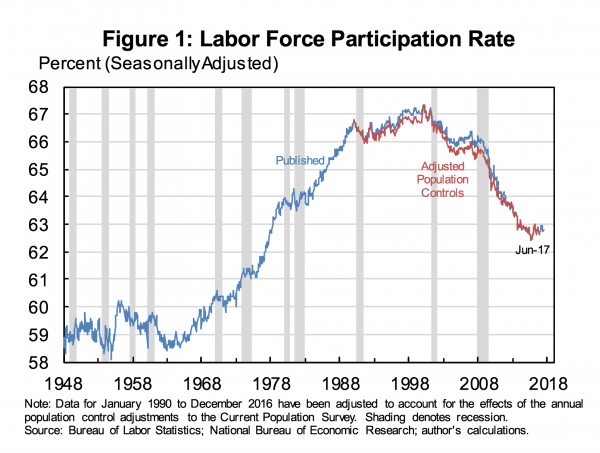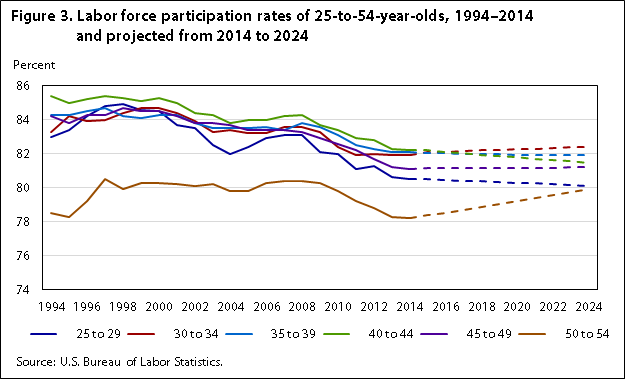I heard this guy on a podcast, running for President as a Dem. He was CEO/President of Manhattan Prep, with which some here may be familiar, from 2006 until its acquisition by Kaplan in 2011. Then he started Venture for America:
"After 2011, the company grew quickly moving from a $200,000 budget in 2011 to a $6,000,000 annual operating budget in 2017[11] and began operating in over 18 U.S. cities adding Kansas City, Atlanta, Baltimore, Birmingham, Charlotte, Cleveland, Columbus, Denver, Miami, Nashville, Philadelphia, Pittsburgh, San Antonio, and St. Louis. Venture for America began running a Startup Accelerator in Detroit, launched a seed fund for fellows, and an investment fund for fellows.
In the summer of 2017, Andrew Yang stepped down as CEO of the company. At the time of his exit from the company, Venture for America had over 500 Fellows & alumni who had started 29 companies, raised over $40 million, and helped create over 2,500 jobs."
https://en.wikipedia.org/wiki/Andrew_Yang_(entrepreneur)
It seems that his platform is based around the idea that automation will erode long-term employment an a rapidly increasing rate, which will be catastrophic. UBI is a policy he’s floating in response, called the “Freedom Dividend” where US citizens between the age of 18 and 64 receive $1000/month funded by a VAT.
It is kind of nice to hear somebody addressing automation in a somewhat realistic manner. I do worry about some of the effects of UBI, but automation and the rapidly changing jobs landscape is an issue that needs to be addressed. Unemployed middle aged truckers are relatively unlikely to become computer programmers or nurse anesthetists. Some may, but the overwhelming majority will not. Also, if it is just a check everyone receives and there is no qualification criteria then it is a program the government can actually execute and there is no incentive to remain unemployed, like with welfare or disability. Just some thoughts. First politician I’d heard with a somewhat reasoned/informed approach to technology’s impact on jobs.



